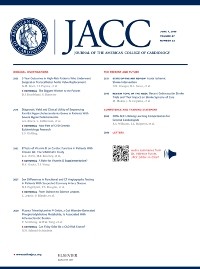 In June, Gene Emery, a journalist for Reuters Health, was assigned to write a story about an upcoming paper in the Journal of the American College of Cardiology, set to come off embargo and be released to the public in a few days. Pretty quickly, he noticed something seemed off.
In June, Gene Emery, a journalist for Reuters Health, was assigned to write a story about an upcoming paper in the Journal of the American College of Cardiology, set to come off embargo and be released to the public in a few days. Pretty quickly, he noticed something seemed off.
Emery saw that the data presented in the tables of the paper — about awareness of the problem of heart disease among women and their doctors — didn’t seem to match the authors’ conclusions. For instance, on a scale of 1 to 5 rating preparedness to assess female patients’ risk (with 5 being the most prepared), 64% of doctors answered 4 or 5; but the paper said “only a minority” of doctors felt well-prepared (findings echoed in an accompanying press release). On Monday June 19, four days before the paper was set to publish, Emery told the corresponding author — C. Noel Bairey Merz, Medical Director of the Women’s Heart Center at Cedars-Sinai in Los Angeles — about the discrepancy; she told him to rely on the data in the table.
But the more Emery and his editors looked, the more problems they found with the paper. They alerted the journal hours before it was set to publish, hoping that was enough to halt the process. It wasn’t.
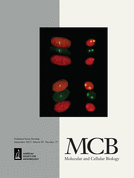 A biology journal has issued a correction to a 2014 paper by a researcher with 11 retractions, citing “inadvertent errors” that don’t affect the conclusions.
A biology journal has issued a correction to a 2014 paper by a researcher with 11 retractions, citing “inadvertent errors” that don’t affect the conclusions. Last week,
Last week, 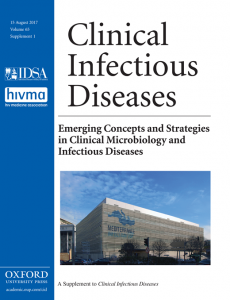 Post-publication peer review isn’t just for scientists. Newspaper reporters can help correct the scientific record, too.
Post-publication peer review isn’t just for scientists. Newspaper reporters can help correct the scientific record, too. 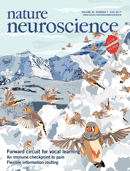
 Journals have posted two corrections alongside papers by
Journals have posted two corrections alongside papers by 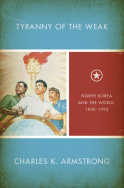 A historian based at Columbia University has returned a 2014 prize after criticisms prompted him to issue more than 70 corrections to his prominent book about North Korea.
A historian based at Columbia University has returned a 2014 prize after criticisms prompted him to issue more than 70 corrections to his prominent book about North Korea.
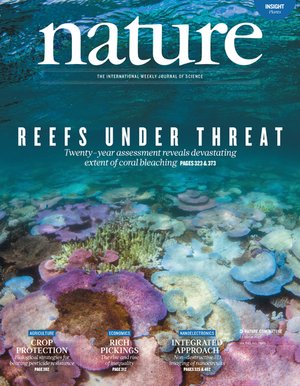 Despite taking some serious hits, a 2006 letter in
Despite taking some serious hits, a 2006 letter in 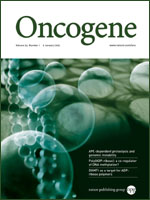 Here’s a rather odd case: When readers raised issues about some of the images in a 2008 cancer paper, the authors issued a correction last year. But when
Here’s a rather odd case: When readers raised issues about some of the images in a 2008 cancer paper, the authors issued a correction last year. But when